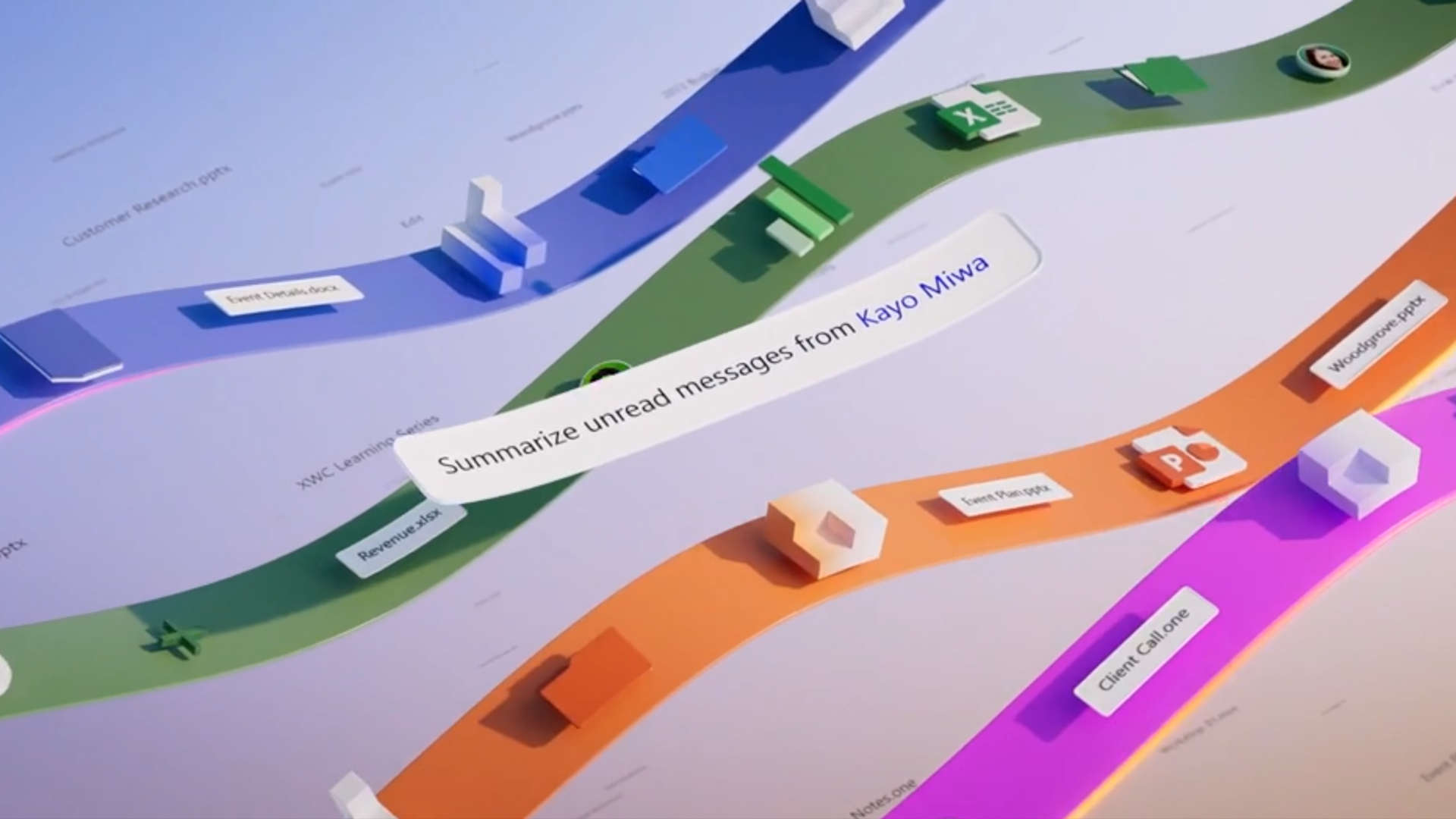Use Microsoft's generative AI services too much and it will throttle you for being naughty
But don't expect any guidance at all about how much is too much.

Like all good software companies these days, Microsoft is busy shoehorning AI systems into its products and services, all in the aid of making your life easier and better. However, get a little too greedy in how much you use its generative AI services and you could find yourself on the receiving end of a spot of throttling.
The devil is always in the details and as The Register reports, they're hidden away in the latest terms and conditions for its online services, specifically the section that covers its Azure OpenAI Service. The exact wording, though, does generate (pardon the pun) more questions than answers.
'Capacity Limitations: Excessive use of a Microsoft Generative AI Service may result in temporary throttling of Customer’s access to the Microsoft Generative AI Service.'
At no point does Microsoft clarify what it means by 'excessive' and 'temporary', or even what would actually happen in the throttling process. For most online systems that usually entails a cap on data transfer rates or how frequently the service can be used in a given period, but the overlords of Redwood clearly believe that giving it all an air of mystery is better than providing concrete information.
I'm somewhat tempted to poke the hornet's nest and see how hard Microsoft will actually spank me, but that would mean getting my hands dirty with the likes of Bing or Copilot. But I really, really don't want to, thank you very much.
To be serious for a moment, Microsoft's terms and conditions aren't anything out of the ordinary. In fact, it would be far more eyebrow raising if the software giant didn't impose any restrictions, but other AI providers are far more forthcoming with details and reasons behind their controls.

Windows 11 review: What we think of the latest OS.
How to install Windows 11: Our guide to a secure install.
Windows 11 TPM requirement: Strict OS security.
For example, OpenAI (with which Microsoft partners to provide its generative services) offers a comprehensive guide to its usage restrictions and limitations. I'm not suggesting that Microsoft should have something as technical and exhaustive as this, but better guidance would be useful.
The biggest gaming news, reviews and hardware deals
Keep up to date with the most important stories and the best deals, as picked by the PC Gamer team.
Even if it's just as simple as saying giving an example of what excessive would be or wording it along the lines of 'if you want to use our AI services for this amount of work, please contact us.'
As things currently stand, with the way that the limitation is buried away in the terms and conditions, it looks like it will be a case of using it as you see fit, then wait and see what happens.
Does anybody feel like volunteering?

Nick, gaming, and computers all first met in 1981, with the love affair starting on a Sinclair ZX81 in kit form and a book on ZX Basic. He ended up becoming a physics and IT teacher, but by the late 1990s decided it was time to cut his teeth writing for a long defunct UK tech site. He went on to do the same at Madonion, helping to write the help files for 3DMark and PCMark. After a short stint working at Beyond3D.com, Nick joined Futuremark (MadOnion rebranded) full-time, as editor-in-chief for its gaming and hardware section, YouGamers. After the site shutdown, he became an engineering and computing lecturer for many years, but missed the writing bug. Cue four years at TechSpot.com and over 100 long articles on anything and everything. He freely admits to being far too obsessed with GPUs and open world grindy RPGs, but who isn't these days?

